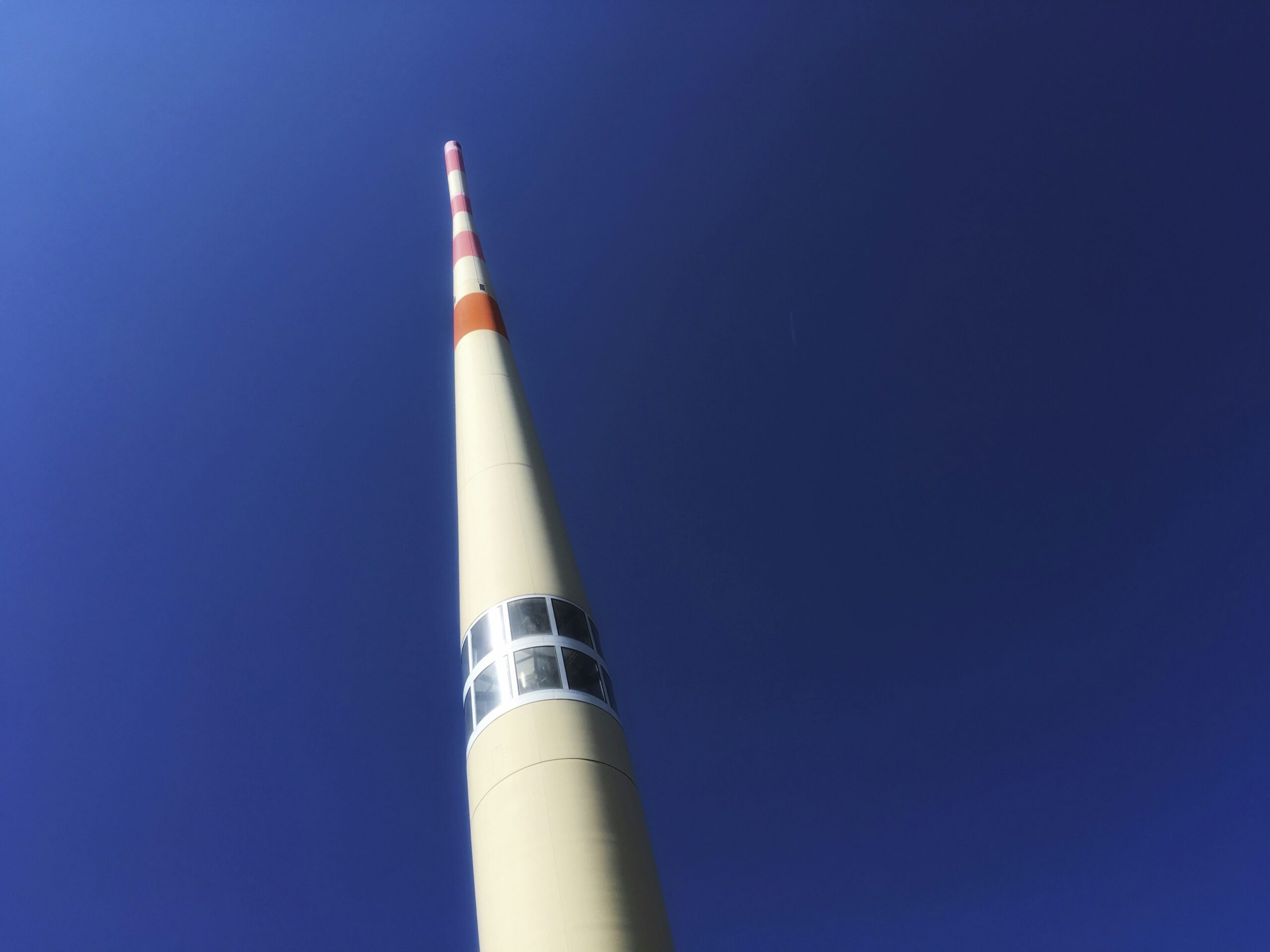
North Korea Satellite Launch Fails After Apparent Engine Malfunction
A North Korea satellite launch ended in failure on Monday after what appeared to be a malfunction in the third stage of the rocket. Initial reports indicated that the first and second stages of the launch vehicle operated normally, but the mission ultimately failed to place its intended payload into orbit. The rocket crashed into the sea.
Key Facts
- The launch involved a new type of carrier rocket.
- The first and second stages of the rocket functioned as expected.
- The third stage experienced a malfunction, leading to the mission’s failure.
- The rocket crashed into the sea.
- Further details about the cause of the malfunction are under investigation.
Background
North Korea has been pursuing a space program alongside its ballistic missile development, often drawing international scrutiny and sanctions. Previous satellite launch attempts have met with varying degrees of success. Such launches are closely monitored by other nations due to concerns that the technology used can be diverted to military applications, specifically in the development of long-range missiles. The United Nations Security Council has passed resolutions banning North Korea from conducting ballistic missile tests, which technically also apply to space launch vehicles because of the shared technology.
North Korea claims its space program is for peaceful scientific purposes, such as deploying satellites for Earth observation and communication. However, skepticism remains high within the international community regarding the true intentions behind these activities. The country’s commitment to its space program persists despite international sanctions and diplomatic pressure.
Timeline / What We Know
- Recent Past: North Korea has conducted several satellite launches. Some were successful in placing satellites into orbit, while others failed at various stages of flight.
- Monday (Date unspecified): The latest launch attempt occurred. The first and second stages performed nominally, but the third stage malfunctioned. The source did not specify the exact time of day of the launch.
- Post-Failure: Investigations are expected to analyze the cause of the third-stage failure. Recovery of debris from the sea could provide clues.
Official Reactions
As of the current report, official reactions from North Korea have not been detailed beyond the acknowledgment of the launch failure. International reactions are anticipated, especially from countries that closely monitor North Korea’s missile and space activities. These reactions typically include statements of concern and calls for adherence to UN Security Council resolutions.
Historically, countries such as the United States, South Korea, and Japan have been particularly vocal in their criticism of North Korea’s launch activities, viewing them as provocative actions that undermine regional stability. The United Nations Security Council is also likely to discuss the implications of this latest launch attempt.
What’s Next
Following the failed North Korea satellite launch, several scenarios are possible:
- Investigation and Analysis: North Korean scientists and engineers will likely conduct a thorough investigation to determine the cause of the third-stage malfunction. This may involve reviewing telemetry data, analyzing recovered debris, and re-evaluating the design and manufacturing processes of the rocket.
- Corrective Actions: Based on the findings of the investigation, North Korea may implement corrective actions to address the identified issues. This could involve redesigning components, improving quality control measures, or modifying launch procedures.
- Future Launch Attempts: Depending on the outcome of the investigation and corrective actions, North Korea may attempt another satellite launch in the near future. The timing of such a launch would likely depend on the severity of the identified issues and the time required to implement the necessary changes.
- Continued International Scrutiny: North Korea’s space activities will continue to be closely monitored by the international community. Any future launch attempts are likely to draw strong reactions from countries that view them as violations of UN Security Council resolutions.
- Diplomatic and Sanctions Pressure: The failed launch could lead to renewed diplomatic pressure on North Korea to abandon its space and missile programs. Additional sanctions may be imposed in an effort to deter further launches.


